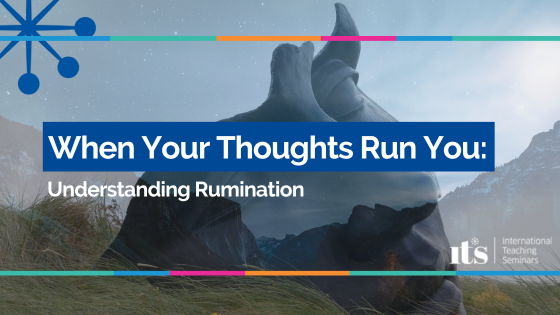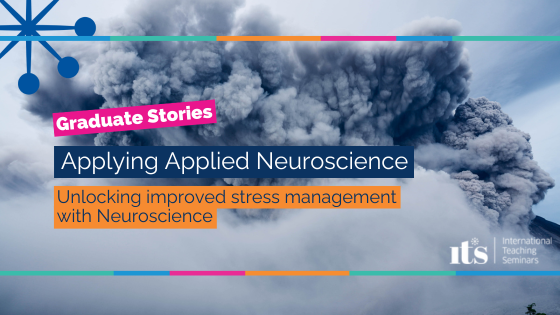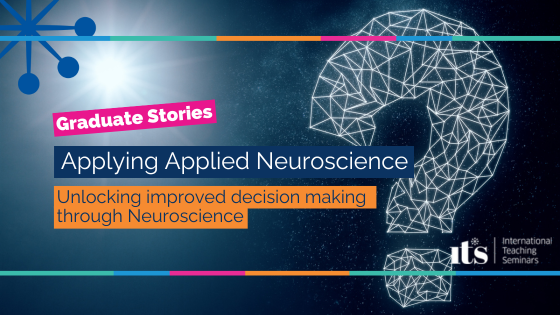Mastery and Innovation are profoundly related. Anyone wanting to attain mastery or be innovative will need to commit to a journey of experiential learning and to see with new eyes. They will also need to let go of old habits.
Neither mastery nor innovation is a sprint; both are more like a marathon. Both require patience, dedication, humility and the ability to see ‘failure’ as helpful feedback in disguise.
From a business perspective, innovation is a primary means by which firms reinvent and reposition themselves and what they have to offer. However, innovation is also the primary way we renew ourselves as people: it will ultimately determine the future we create for ourselves as well as our clients. Failure to keep innovating means we become stuck in one particular present and just keep repeating ourselves.
Most people aren’t used to thinking of themselves as innovators, but unless you’re the same as you were twenty years ago you must have been making changes. Some of these probably count as innovations.
Contrary to popular myth most innovation is incremental and not a Eureka or ‘light bulb’ moment. Incremental innovation is cumulatively profound. However, human beings have an amazing ability to habituate. This means that when change is incremental we can experience considerable change over time but not really notice it: it happens little by little, day by day. (If you’re in any doubt try looking in the mirror as you get older!)
So we can have the strange paradox of not really noticing how over time we have gradually changed and even invented new ways of living – sometimes including earning a living. However, because advisors are frequently change agents it behoves us to be aware of how innovation happens in people’s lives – starting with our own.
What Triggers Innovation?
How often have you woken up and thought ‘everything’s perfect, so I think I’ll innovate’? The answer is probably… never! The reality is that innovation is invariably preceded by discontent. People may be disgruntled or they may just have a sense that ‘we can do better than this’ but not yet be clear how to. This means living with discomfort until you figure a better way. No one enjoys feeling thwarted, frustrated or disappointed, so people – be they advisors or families -often try to ignore or avoid these signals. In so doing they frequently get in their own way and inhibit innovation. If, however, we have the courage to confront our own discomfort we may just come up with a better way of doing things. Innovators are the people who actually use such thoughts and feelings as the spur to new thinking.
Suppose you were to reframe feelings of discomfort and discontent as feedback; an invitation to innovation? Now they become your early warning system. Individuals, teams and families can learn to do this. One of my clients now refers to these feelings as his ‘innovation signals’ and says it’s one of the most valuable things he’s got out of our work together.
As an advisor you can really add value when you know how to recognise these signals in your clients. Why? Because then you can help give birth to a better new more suited to now.




Leave A Comment